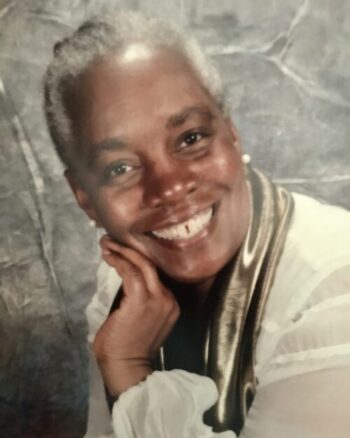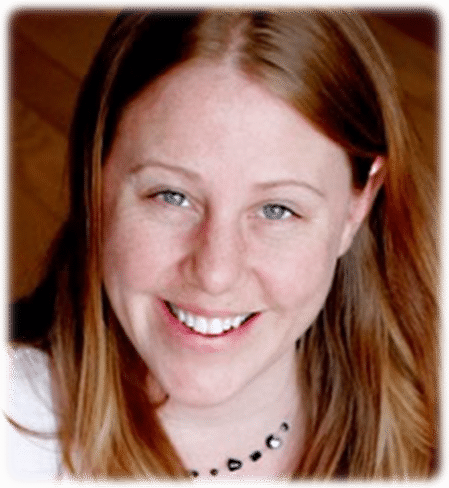The year was 1974 and it was my first pregnancy. Leading up to this time, I had educated myself about the birthing process by reading loads of books and magazines, and also attending nearby hospital birthing classes. Although I was a first time mother-to-be, I had a degree in zoology, so I already understood the basics of birth. So many women described labor to me as period cramps ramped up 100 fold. Problem is I never seemed to have had terribly painful cramps at menstruation. It is very true, when you hear it said that women never forget the birth of a child. Fifty years ago is a long time for me to recall my first son's birth.
The one important fact to know is that you will definitely have a labor different from any one that has been described to you. Because you are unique. It is most reasonable for you to bolster your knowledge for the event by childbirth preparation. I read many things that were informative and positive written by professionals directly engaged with birthing women.
Even though it was the early 70s, the atmosphere around birth was disruptive of the norm. There was a camp of liberal-minded women proving that birthing the child could be accomplished without hospital intervention. These women were having babies at home, in birthing centers, in vans and campers with community midwives and doulas helping them. Read the essay written by Wendy Kline, “Communicating a New Consciousness: Countercultural Print and the Home Birth Movement in the 1970s“, and you will better understand the importance of the pivotal shift in regard to childbirth.
So, I was greatly influenced intellectually by digesting this new knowledge and genuinely believed that birth was not an illness requiring hospitals and doctors, but that birth is a spiritually normal progression of life for mom and baby.
Although I realized early on that my child would be delivered in the hospital because I was enrolled in a medical insurance plan that required it, I decided to labor at home where I felt safe and comfortable for as long as possible. It was early March 1974, there was a dusting of snow layering the ground outside. Inside my apartment was cozy and warm. For nearly a week, I was definitely uncomfortable feeling my baby's head very low in the pelvis and since early Monday morning of March 11 felt cramping and severe tightening of my belly. I didn't worry about this much because I was only 37 weeks.
At my last check up, no indication was mentioned of impending birth. I simply followed through with my work part time at the child development center. My husband was as unconcerned as I was. When bothered, I’m not usually the noisy, attention seeking type of person. But, my first experience of contractions was unlike anything I would ever have expected my body to bear. But by evening, the feeling in my groin area had become so much more intense, and we became aware that this was real labor. I was clinching onto nearby surfaces for support to manage each contraction and trying to breathe, relax and change to more comfortable positions.
A book I had read thoroughly, written by Grantly Dick-Read, Childbirth Without Fear, had helped me understand the expectations of normal labor. I knew from the descriptions of first time labor that the duration is quite drawn out, and I had no intention of arriving at the hospital too soon. By late evening, bedtime, I laid down to rest but could not fall asleep. The contractions were too painful and closer together. I told my husband we needed to get ready to make our way to Washington Hospital Center in DC, as we lived in Arlington, Virginia. I labored at home until about 2 am Tuesday morning but knew then I should notify the hospital and leave the comfort of home.
When I arrived, my labor had progressed very well to about 6 cm dilation. I was definitely in a solitary frame of mind not wanting to be questioned or disturbed, but I was anyway. With the change in location came a totally different atmosphere around my ability to accomplish the birth among the caregivers. The staff were instructed to administer an epidural although I didn't think I needed it. By the time it took minimal effect I was already pushing. I remember the most amazing sensation was the ejection reflex - at the moment of emergence of his head - as completely overpowering, a huge force no woman can imagine her body is able to achieve.
I was also extremely annoyed, because the doctor performed an episiotomy which caused a hemorrhoid that angers me to this day. My baby boy was born at 4:34 am, Tuesday March 12, 1974, weighing 6lbs, 12 oz. I would say this labor was a few hours short of 24 and pretty straightforward. I predict yours will be different and better.
An impending birth is surely a powerful motivator for childbirth preparation. You are probably here with BirthWorks because you’ve searched and found a leading community organization in the area of preparation for childbirth and/or training of childbirth educators and doulas that shares your values. Your search has been successful because the philosophy of giving birth taught by BWI-trained professionals endeavors to provide love, peace, non-violence, truth, and right action at each and every birth encounter. At BWI we believe in a woman’s innate ability to know how to birth. Welcome to BWI.
Valorie Akuffo is a certified BWI Birth Doula, a Lifetime Member, and has been a key part of BirthWorks for over two decades. Currently, she is a Member at Large on the Board of Directors and is a BWI Mentor. She also held positions as the Acting Director of the BirthWorks Doula Certification Program, prior Board Secretary, co-moderator of online media, and grant writer. Valorie received the BirthWorks “Doula of the Year” award at our conference on Human Values in Birth in 2003.
As a professional scientist, she applies advanced critical thinking and expert investigative and organizational skills to her work. She is a focused and motivated professional volunteer, for varied service organizations, offering superior communication and computer skills. In her role as a BWI Birth Doula, she believes that birth is a normal and natural transition phase in a woman’s life and that each birth can be a spiritual and joyful life-long enhancement for all those engaged. This inspires her to support BirthWorks in all educational and training programs to help prepare doulas and childbirth educators through a human-values learning approach so that they can better inform their clients and businesses.



